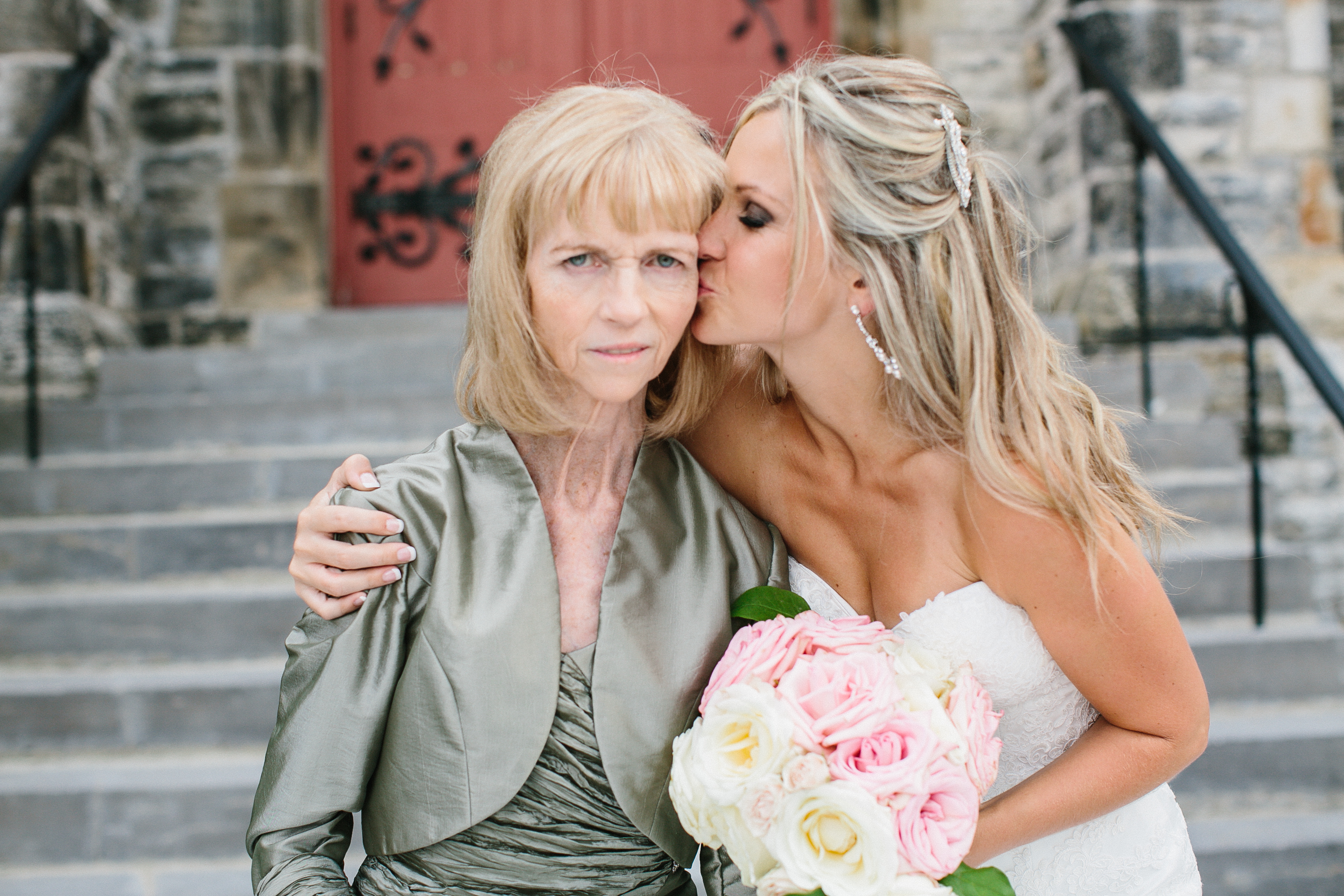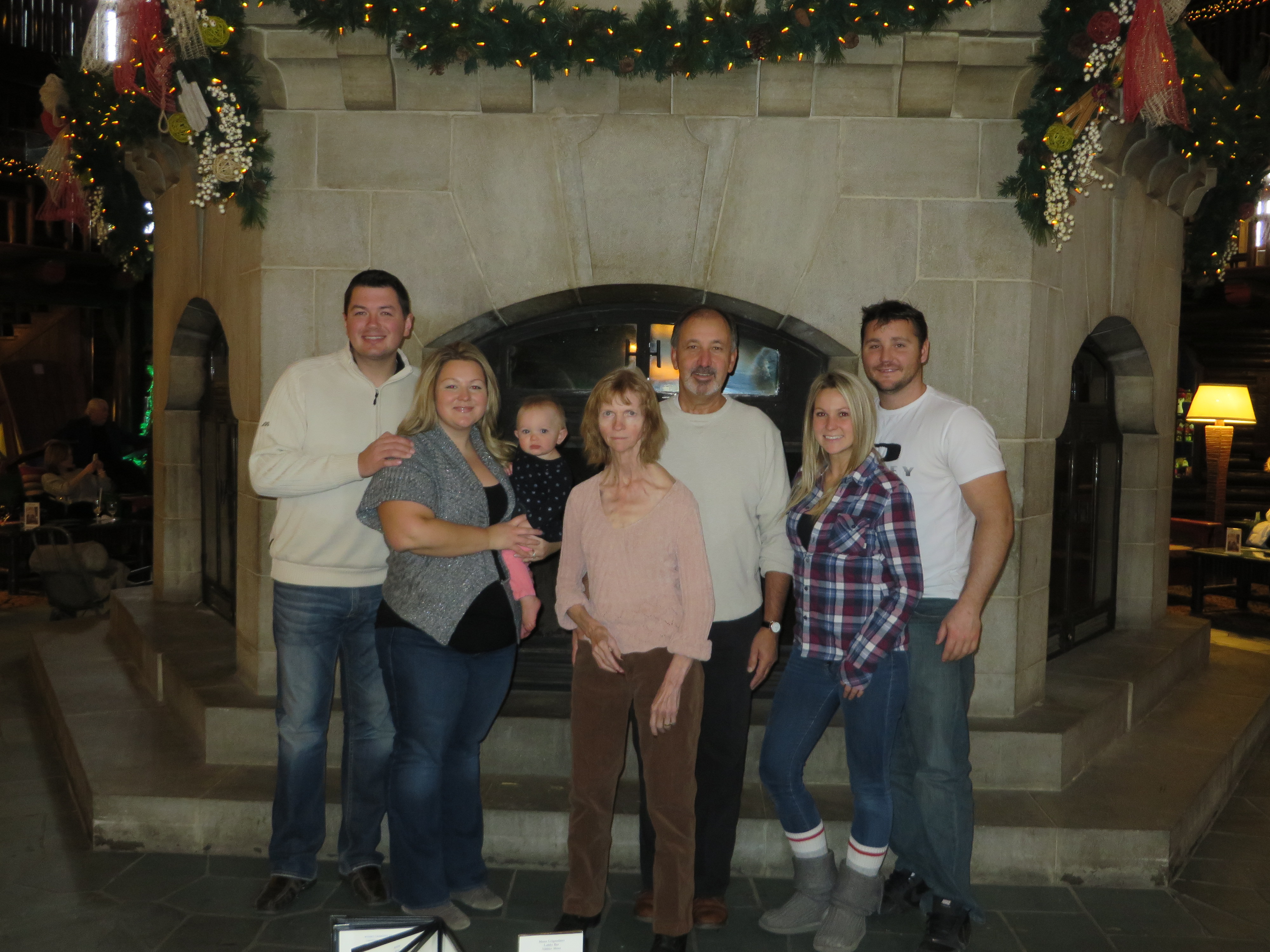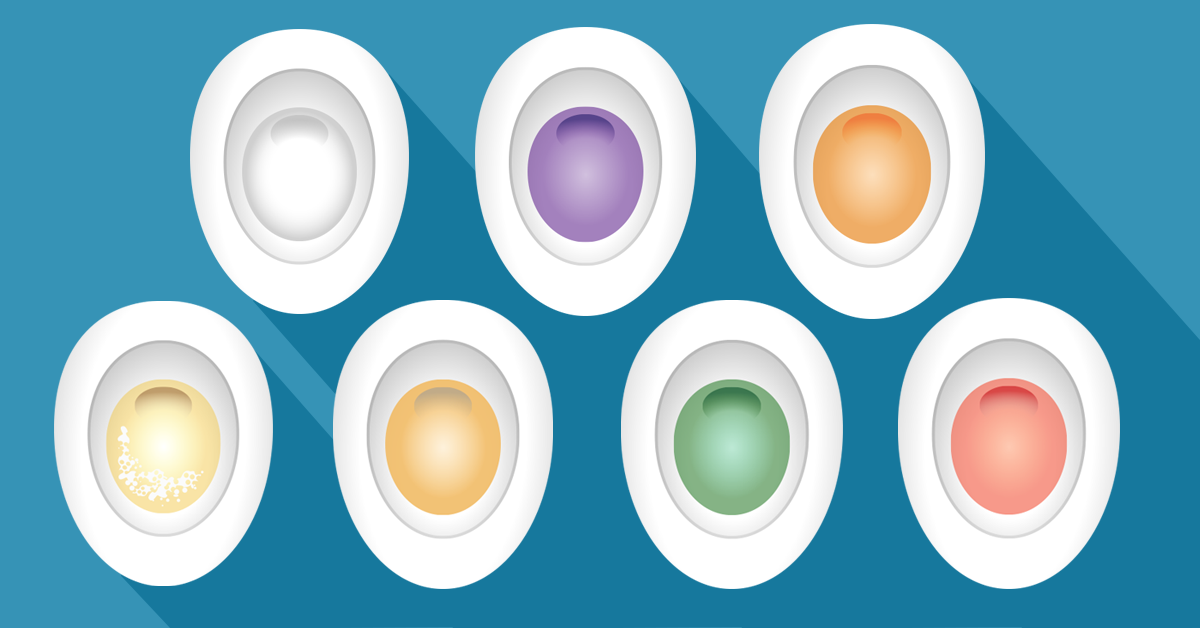My name is Amanda, I am 30 years old and my mother was diagnosed with Huntington disease 10 years ago. We knew that something was off, little signs over time that caused us just to wonder, but soon those little signs became more frequent, forgetting tiny things, tripping up over a word here and there, and she eventually went to seek professional help.
I remember it like it was yesterday, my father sitting my sister and I down on the couch telling us that, not only that it was Huntington disease, but that the disease was hereditary. We were both at 50% risk of inheriting it.

BOOM! Just like that, this disease I had never heard of before drastically altered our lives. In an instant, everything changed.
Certain diseases garner a large scale awareness and support simply because they spread far and wide and can touch everyone regardless of race, age or sex. But, with Huntington's, if it's not in your family it has probably slipped under your radar. Its impact is different and, often times, different can be cast aside. What I learned on that day was that I had a choice. I could decide if I wanted to know if I would inherit the disease that would drastically change and consume my mom. Could that knowledge help me regain some of that power I felt like I lost?

It is a terrifying feeling. The fear of the unknown consumed me and all I could focus on was that sense of control being taken away from me. You feel lost. I questioned who I was as a person, I felt as if I had no say about who or what I wanted to be. Simply put, this disease smacked me in the face and said: "I'm going to be the one to choose, and there is nothing you can do about it".
To be tested or to not be tested? It is a big crossroads a child of a Huntington parent has to face. Talking about it with friends was difficult, not only is it hard to relate to, but people simply don't know much about it. In my eyes it was my secret, my experience, my life. Over time though, your mind clears and you begin to think about things differently. I began to ask myself: "If people weren't aware of the disease is it because not enough people are talking about it?"

So here I am, ready to start a conversation. An unfiltered, unplanned, unrehearsed conversation about Huntington disease. The intention behind this is simple, to inform and help push awareness to the forefront. Eventually, I want to be able to go up to anyone on the street and ask if they know what Huntington's is and have them say: "Yes."
I started with the basics. I gathered a group of my colleagues, none of whom knew my secret and I told them what Huntington's was. I then took it a step further and asked them that daunting question I faced 10 years ago.
Amanda: If you were at a 50% risk of having the disease would you be tested for it?
Chris
I have heard of it before, but it strikes me as to why I am not more aware of the gravity of the disease, now hearing more about it, is just shocking.
I know that the symptoms appear between the ages of 30 - 50, so I fall right in the middle of that range. Would I approach life differently? I don't know. Perhaps, it would push me to do things a little different while I could. I don't like the unknown and when it comes to something that serious I would certainly want to make sure my family affairs were in order as much as possible. I think I would want to prepare myself and my loved ones in advance.
Adrian
I would be really concerned. Would I want to get the gene test to find out if I was a carrier? Absolutely, as soon as I could. I would ensure that I would spend as much time and enjoy that time I would have with my family. It would change my outlook on life. I would spread awareness, do my homework and just see if there would be steps I could do to help myself and others.
Lucas
It is overwhelming and tragic. I would be shocked and I would want to know more about it.
If I was at 50% risk? I would want to know all the ways I could help myself and those around me. I would like to know so that I could raise awareness, and take steps to help lead towards this disease not continuing being passed on from generation to generation.
Tristan
If I knew I could inherit HD, it would change my outlook on life completely. I think I would want to know. It would help me appreciate the moments in life that I am experiencing and I wouldn't take much in life for granted. It deserves to be known that this is a terrible disease.
Awa
I have heard of the disease, I have a friend whose dad might have it, but they need to do testing. It is just really sad. If I found out I had a chance of inheriting it, I would be very shocked. I would try and raise as much awareness as possible. It would cause me to re-evaluate my future. I would need to know if I could possibly pass it on to my children and ensure that my family knew what it was about and how it would affect me and them as well.
I am glad we are talking about this.
When I think back to the moment I found out about Huntington disease and everything that came with it, my reaction was very similar to those above. Without a doubt I was going to get tested. I credit my Dad with encouraging me to take a step back and not jumping to any quick decisions, he encouraged me to think about it, and I did just that.
As the years went on, I noticed that my desire to get tested seemed to diminish. I can't pinpoint the exact moment that my view towards it changed, but as time went on I was really viewing my life differently. I was already cherishing the tiny moments and not taking anything for granted. I continue to do my research, I live a healthier lifestyle, I am doing all the things everyone says they would do if they were essentially handed a death sentence.
For me, personally, all a positive test result would do is be a ticking clock in my ear and a clear voice in my head telling me not to dream of a happy future. In the end, there is no right or wrong answer, just a personal choice, and an opportunity to start a conversation.
Right now I have hope that there will be a cure for this disease within my lifetime. There is a light at the end of the tunnel, a cure for my generation and the generations to follow. Research is truly so close. I have so much hope that I fear if I tested positive, all that hope would be stripped away and I would be left with emptiness.
I choose to live.
What would you do?
_____________________________________________________________________________________
You can join the fight against Huntington disease by supporting a Huntington Society in your area. Funds raised help those battling the disease, as well as their families and loved ones. You can donate by following the links below.
Money helps, but so does talking. Share Amanda's story with others and help get Huntington out of the shadows and into the spotlight. Help us find a cure.
Links:
For Canada:
https://www.huntingtonsociety.ca/one-extra-push/
For United States:
Huntington Disease Society of America


